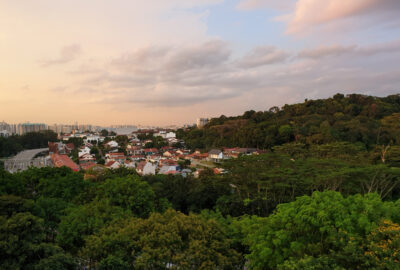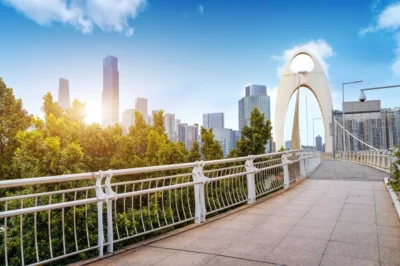Lui Violanti on Australia’s state of the market and its strong appeal to Asian investors
Experienced architect and chair of PropertyGuru’s Australia awards series believes that the property scene Down Under will continue to bear fruit for the region’s investors
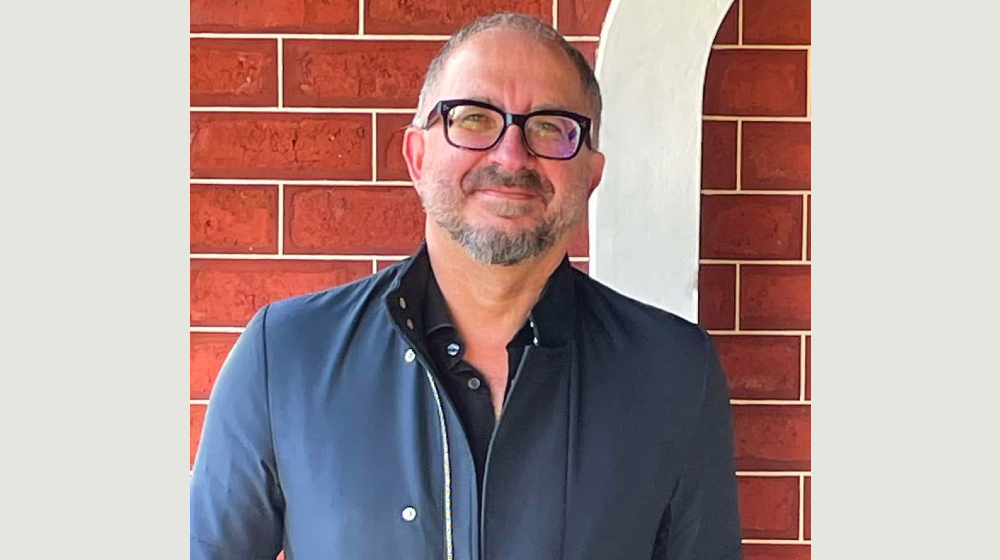
At the University of Western Australia in Perth is an engineering building whose eye-catching new facade features a veil created by overlapping aluminium petals that provide shading and thermal control.
According to the architects, the design is also a reference to a repeating mathematical pattern related to a sun symbol.
The veil, recently installed by Lui Violanti and the global facade consultancy Inhabit, is an example of how new design technology and sustainability standards are being leveraged to create building facades that are increasingly efficient, economical, and technologically advanced.
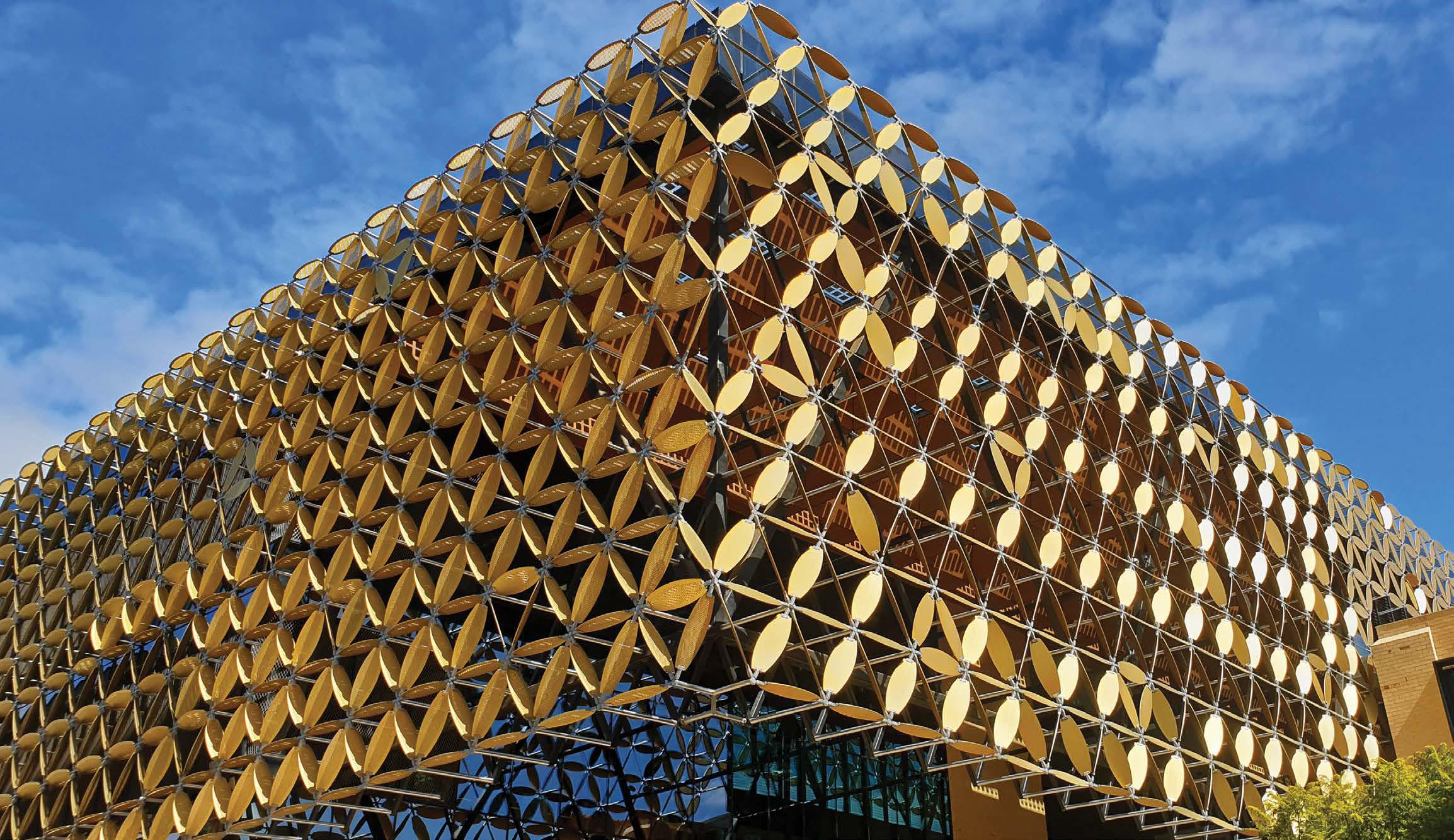
An architect with three decades of experience, Violanti is the chair of PropertyGuru’s Australia awards series.
When we caught up with him, he had just spent the morning on site at another commercial project in Perth, where he was overseeing extensive rebuilding work on a century-old Victorian building in a retail area, including the faithful recreation of its historic mouldings.
“The world is an open canvas for us. Every day is a new challenge where I say I’ve never done that before,” he says.
Inhabit has 22 offices worldwide, including one in Perth. The company works with architects, builders and developers to craft and engineer unique facades.
“Now, as I’m in the autumn of my career, it’s the subtleties I enjoy most: working with really good designers, people who are very considerate in how they design—and not just being part of the biggest or tallest towers,” he says.
In addition to the design challenges, Violanti says he is also constantly seeking new ways to promote sustainable development, noting the world is “past the tipping point” and “we can’t put our heads in the sand anymore.” He points to Europe’s strict standards as a future model for the rest of the world.
“We don’t have that level of sophistication because we’re not forced to do it—yet,” he says. “But that knowledge and those processes have to translate to Australia. And I’m pretty sure in places like Bangkok, Kuala Lumpur, Beijing and Shanghai—all these cities have to follow suit. We can’t keep going the way we are.”
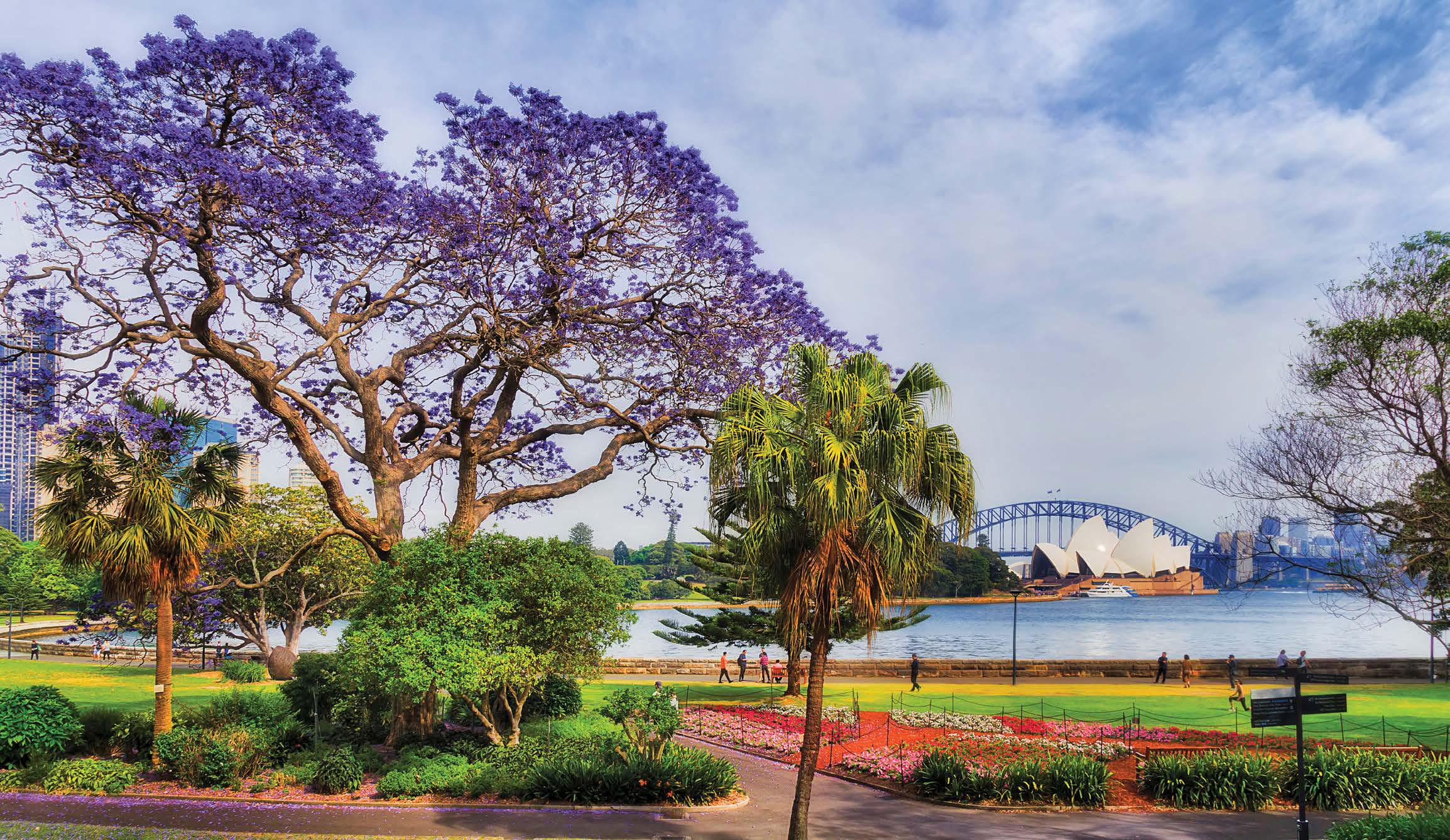
Why do you think Australian properties continue to have such strong cross-border appeal to Asian, and especially ASEAN, investors?
Australia is a place where even our mega cities, like Melbourne and Sydney, have space and gardens. They offer access to recreation, parks, and good public transport. The lifestyle is nice and it’s moderately priced. I wouldn’t say life is inexpensive, but it’s moderate compared to some big cities around the world.
In my travels in Asia, I’ve seen emerging cities, which were small—and now you go there and there’s 15 or 20 million people, and they are bursting at the seams. They’re amazing but people are looking for different lifestyles, and as families become more affluent they start asking: What can we do for our children? A lot of money flowing into Australia comes from parents who want their children to have a better life here.
We have a large population of students from Asia who come here for university and stay. Many start their careers and even their families here. Australia is a multicultural country that embraces all nationalities and people.
More: Real estate sector turns to proptech amid global health crisis
A lot gets made of rising prices in Australia—and there’s a view that Asian investors are partly responsible. What’s your take on this?
I think this is a worldwide phenomenon. I don’t think it’s any different in Australia than say L.A., London, or any major city where property prices are rising. Property could only expand out to suburbia so far.
Also, building costs are increasing and people are more affluent than they used to be.
Is it a product of Asian investment? I don’t know. I can’t put my finger on the reason why. People buy real estate as an investment—because they want it to increase in value so they can sell it and buy a larger property, seeking better returns. People don’t live in a house for 30 years anymore.
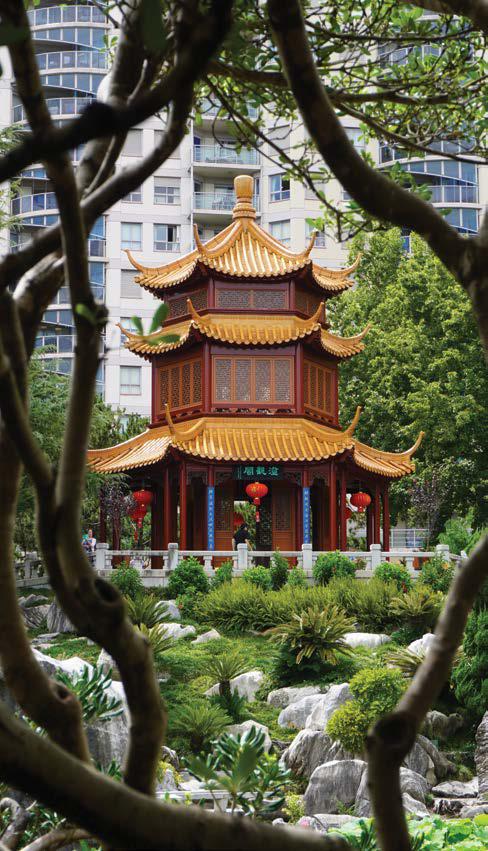
Broadly speaking, how has foreign investment held up amid the pandemic?
Investment in Australia overall has increased because our economy is still growing. Our mining sector has gone exponential and that has been a product of China. When it comes to investment in property, that’s where it’s dipped. I think people are stopping for a moment, taking a breath and seeing what happens.
A big chunk of real estate development is based on students from Asia, as I mentioned. That has dried up because the borders are shut. As an investment destination, I think Australia will be one of the first to jump up again post-Covid.
I know Australian developers rely on Asian (especially Chinese) manufacturers for supplies. What is the current state of supply chains?
It’s terrible. A lot of our projects have been held up for months because of supply chain issues. There’s a shortage of containers in the market and prices for them have gone up fourfold or fivefold. So supply prices are also going up. Steel is up. Most building products are more expensive, not due to scarcity but because of the time it takes to get here—the longer lead times.
Now the market is saying: We want local products. We don’t mind paying extra for more certainty and the perceived quality of local products. We’re happy to pay more because we have more control over it—rather than something coming out of a plant in Asia that may take an extra five months. Our local industries are booming because there’s this push for local content.
More: New transit lines and upgrades in Asian metropolises open new investment frontiers
Many parts of Australia have implemented strict lockdown measures during Covid-19. What’s the feeling among developers about the post-pandemic real estate landscape?
In the old days for commercial builders, we just had offices in office buildings. Then came hot desks and “first-come” seating and open lounges. I think floor plans will be reduced and there’ll be an effort to work out hybrid systems—a roster for ins and outs. That’s already happening now.
Residential, I think, will recover. I think Australia will be seen post-Covid as one of the safer countries, and more accessible, and people will say the government took hard steps early but maybe they paid off.
I think the property sector is going to be steadier in its overall growth—not exponential. I think it’ll be more controlled. But, saying that, I think a lot of companies also have money stashed away that they haven’t invested. Maybe Australia will be one of those places where they can get a quick return.
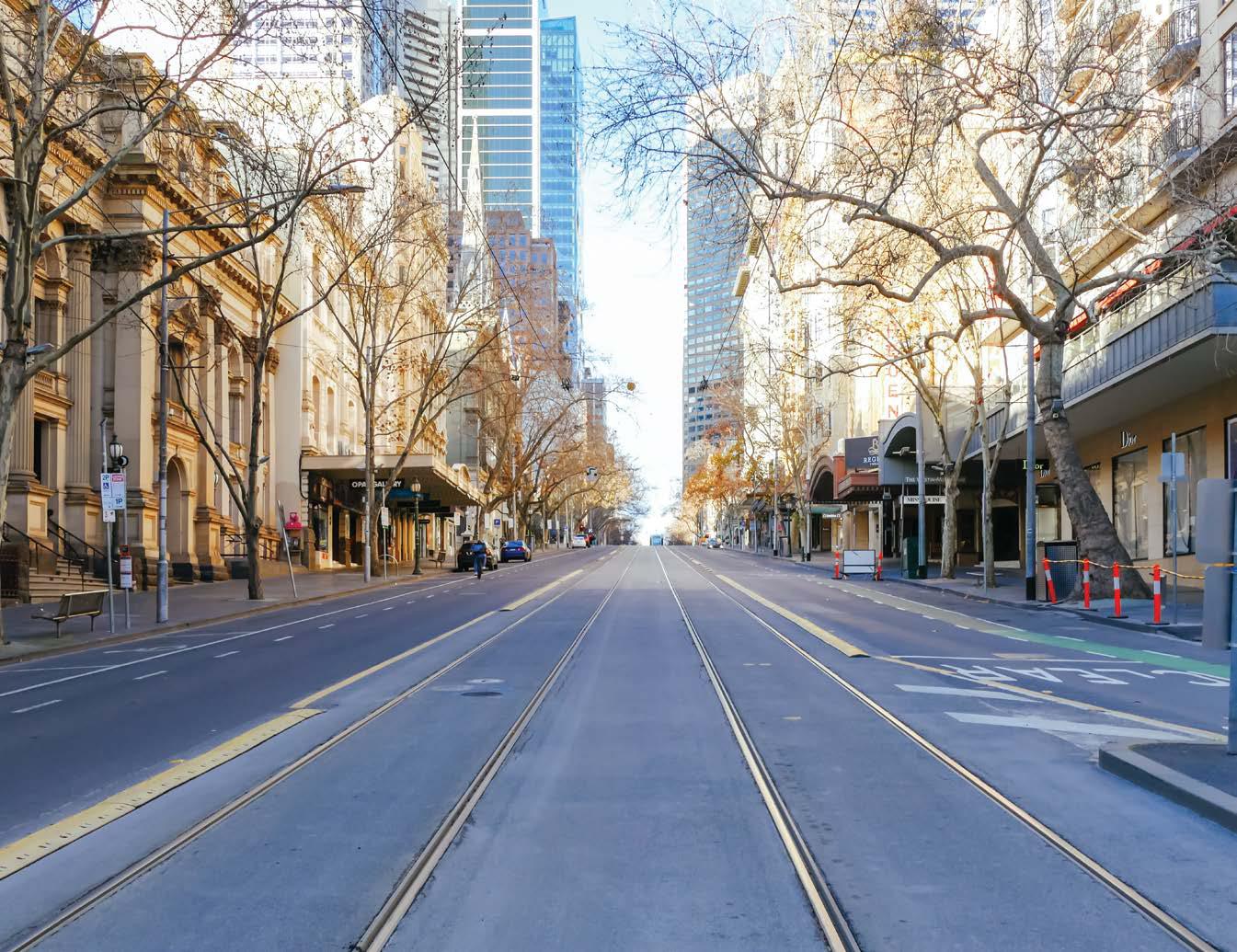
As chair of PropertyGuru’s Australia awards series, could you talk a bit about your history and role with the awards?
This will be the third year I’ve been involved in the awards. The first year was an amazing introduction to what it was—because I didn’t actually know how big an event it was until I actually got immersed in it.
To take the stage in Bangkok at the awards and see so many high-profile developers from around the world is an incredible honour. I try to explain it to people here. Perth is a city of 2.5 million people. These awards cover two-thirds of the world’s population. That is a big chunk of people you get exposure to.
As an architect, I see projects that I can’t imagine getting involved in. They’re so vast and massive that I look around Australia and think: If we only could! When we’re judging awards and see a development that comes out of Indonesia that’s the size of a city—a small city—we go: Well, someone has actually created a city. It’s mind-blowing.
The original version of this article appeared in Issue No. 168 of PropertyGuru Property Report Magazine.
Write to our editors at [email protected].
Recommended
Meet the expert helping overseas investors crack Australia’s property market
Ivan Lam of property advisors Charter Keck Cramer helps clients navigate Australia’s complex real estate dynamics
6 spots to check out in Singapore’s Bukit list neighbourhood
The sought-after Singapore neighbourhood offers lifestyle amenities, green space, and new residential projects
Thailand’s real estate sector watches closely as the Shinawatras return to power
Time will tell if the return to power in Thailand of the Shinawatras will lift the country’s ailing real estate sector
China’s homebuying surge: Can new stimulus measures keep the market rally alive?
Stimulus measures have sparked a surge in homebuying activity around China, but many are sceptical the shift will endure


